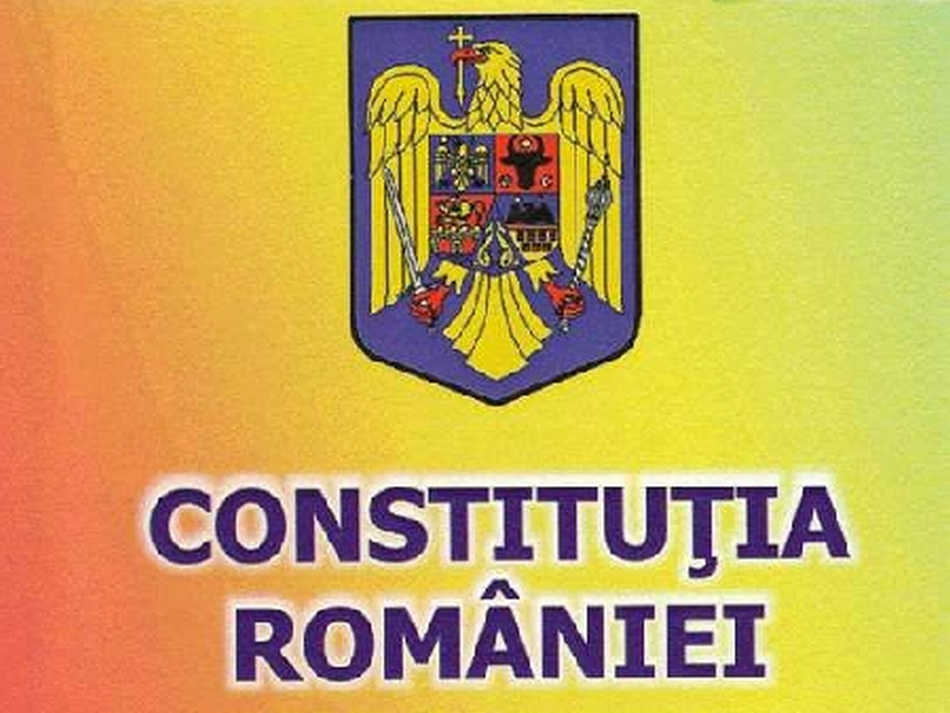The Venice Commission and the Constitution of Romania
The Constitution of Romania has proved its weaknesses on several occasions, particularly when politicians pushed its limits to serve their own interests. The current text, last revised in 2003, still preserves many of the provisions enacted in 1991, when the post-communist authorities were only beginning to build the democratic Romania that was to join NATO and the European Union.

Florentin Căpitănescu, 26.03.2014, 13:30
The Constitution of Romania has proved its weaknesses on several occasions, particularly when politicians pushed its limits to serve their own interests. The current text, last revised in 2003, still preserves many of the provisions enacted in 1991, when the post-communist authorities were only beginning to build the democratic Romania that was to join NATO and the European Union.
The public largely supports the idea of a substantial amendment of the Constitution to bring it up to date with the evolution of Romanian society. The bill drafted by a special parliamentary committee has also been analysed by the Venice Commission, whose involvement is intended as a guarantee that the new changes comply with international law and practices. The Commission approved the document, but said there was still room for improvement, even in important chapters.
Among other things, the Venice Commission believes the paragraphs regulating the form of government and the powers of the president and the prime minister are unclear. It also recommends new rules on government emergency ordinances and the improvement of the legal framework related to the Superior Council of Magistracy, enabling it to guarantee the independence of magistrates.
Ioan Chelaru, the vice-president of parliament’s constitutional committee, explains the future steps in the revision of the constitution:
“By bringing together the views of the Committee, the Constitutional Court, the Legislative Council and the Venice Commission, we should be able to come up with a text that is accepted by all these fundamental institutions. I believe the constitutional committee will resume work in a month’s time and we may have the bill endorsed by parliament in early 2015. A referendum could then be held in the autumn of that year.”
The executive secretary of the Liberal Democratic Party in opposition, Radu Carp, insists, however, that the bill to revise the constitution is a very “amateurish” affair:
“We, the Liberal Democrats, are wondering why it was necessary to go through all this trouble, only to find out that the members of the constitutional committee and the parties in the ruling coalition make some unacceptable errors, mistaking a parliamentary system for a semi-presidential one.”
Analysts expect, however, that the revision of the constitution will fade into the background as politicians seem more interested in preparing for their electoral battles this year.






























